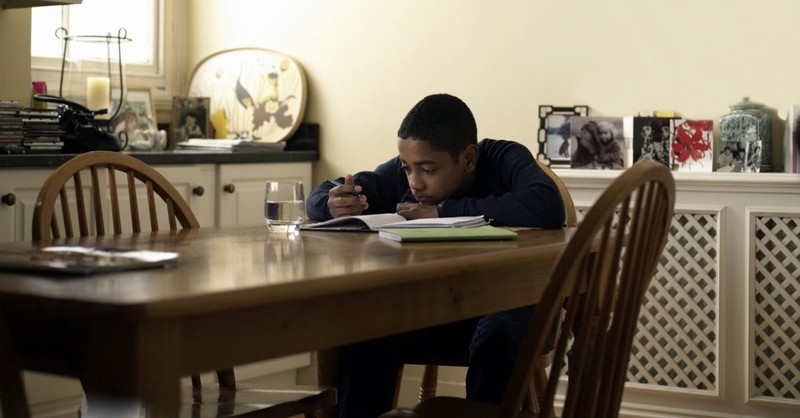Is Socialization Really a Homeschool Problem After All?
- Dr. Gary Welton Center for Vision & Values
- Published May 13, 2015

Every home schooling parent has been asked the S-Question: “What about socialization?” The implications (real or imagined) of the question are less than flattering:
- Students who attend schools outside the home are socialized better because they spend so much time with their immature peers, whereas students who attend school within the home are poorly socialized because they spend so much time with their mature parents.
- Home school families do not interact with one another.
- Socialization that occurs on the soccer field, during debate rounds, and in church doesn’t count (or is somehow inferior).
- Students who attend school outside the home are always well socialized.
- Your kids are so weird.
I would like to put the S-Question to rest by summarizing research I conducted along with my colleagues. We surveyed 223 families (asking questions of one teen and one parent), 95 of whom were schooling at home. The results point to three important observations: home schooling teens socialize more than other teens, they socialize differently than other teens, but both of these observations miss the point. Socialization is not a home schooling issue; it is a religious phenomenon.
First, home schooling teens socialize more than other teens. Using a standard measurement scale of 21 questions, we measured the extent to which the teens spend time interacting with their family, their friends, and other significant adults. Home school teens indicated significantly more social interaction than other teens. The S-Question assumes that home schooling teens are not engaged in social interaction. This is contrary to what is actually occurring.
It is true, however, that the home schooling teens are not in every category engaged in more social interaction. There is a difference in the target of the interactions. When asked about interaction with their families, home school youth indicated significantly more interaction in comparison to other youth. They indicated significantly more interaction with other significant adults. However, they indicated significantly less interaction with their friends. Home school youth interact more with family and adults, less with friends. The social interaction of home schooling teens is different from that of others.
The teens tell us that home schoolers have more social interaction overall, but less with their peers. We are confident that this reflects genuine differences because we saw the same differences when we asked their parents.
However, all of these observations miss the point. I would argue, in the end, that the goal is not socialization, per se. The larger view would suggest that socialization is one important aspect of our teens’ lives, as they develop character, or positive youth development. For example, socialization in an unhealthy subculture that fosters criminal behavior is not healthy socialization. In order to assess positive youth development, we measured five traits which, as a whole, suggest that a teen is developing character. The five aspects that we measured are contentment, selflessness, forgiveness, resilience, and gratitude. Combined, these provide a reliable measure of positive youth development.
One of the important predictors of positive youth development is religious faith. When we use religiosity, social interaction, and home schooling to predict positive youth development, the home schooling variable drops out of the model. Home schooling youth are high in character development, higher than others. They are high in religiosity, higher than others. Likewise, they are higher in social interaction. Nevertheless, as a predictor of positive youth development, school choice drops out of the model, being overwhelmed by the religiosity variable.
Religious practice creates a community that encourages social interaction and fosters positive youth development, so much so that it overwhelms differences in schooling choice. There is no evidence that home schooling youth are poorly socialized. However, there is evidence that we are asking and addressing the wrong question. Instead, the data suggest that children and teens in our churches and other religious institutions are engaged in more social interaction and are being better socialized.
Jodi Picoult makes a valid observation in her recent novel, “Change of Heart,” when she says, “What religion did for me went beyond belief—it made me part of a community.”
It is time to quit asking home school parents the S-Question. If you must ask the S-Question, ask it of the families who are not engaged in religious activities. Our research demonstrates that those are the children we should be concerned about.
Originally published at The Center for Vision and Values. Used with permission.
Dr. Gary L. Welton is assistant dean for institutional assessment, professor of psychology at Grove City College, and a contributor to The Center for Vision & Values. He is a recipient of a major research grant from the Templeton Foundation to investigate positive youth development.
Publication date: May 13, 2015




















